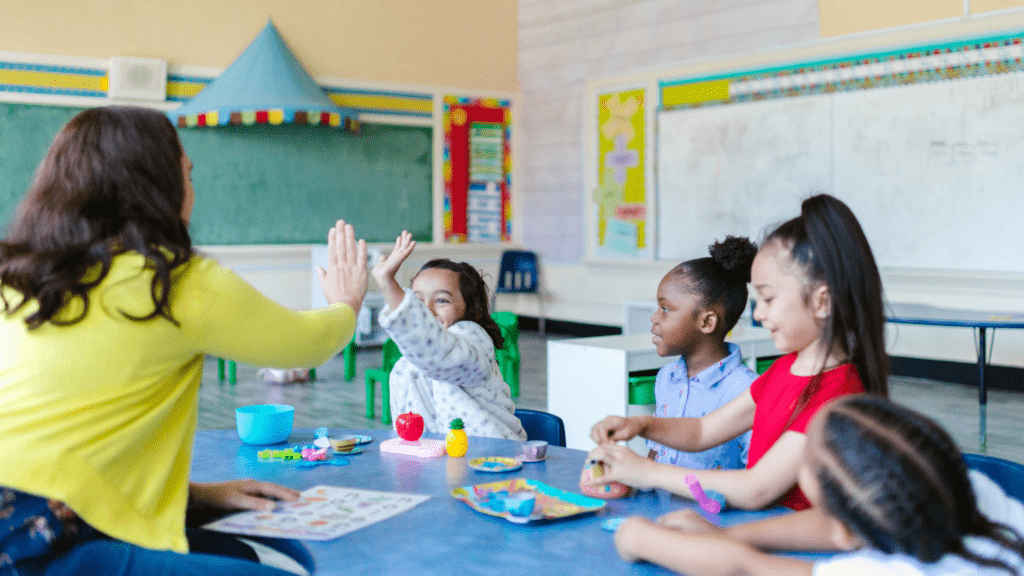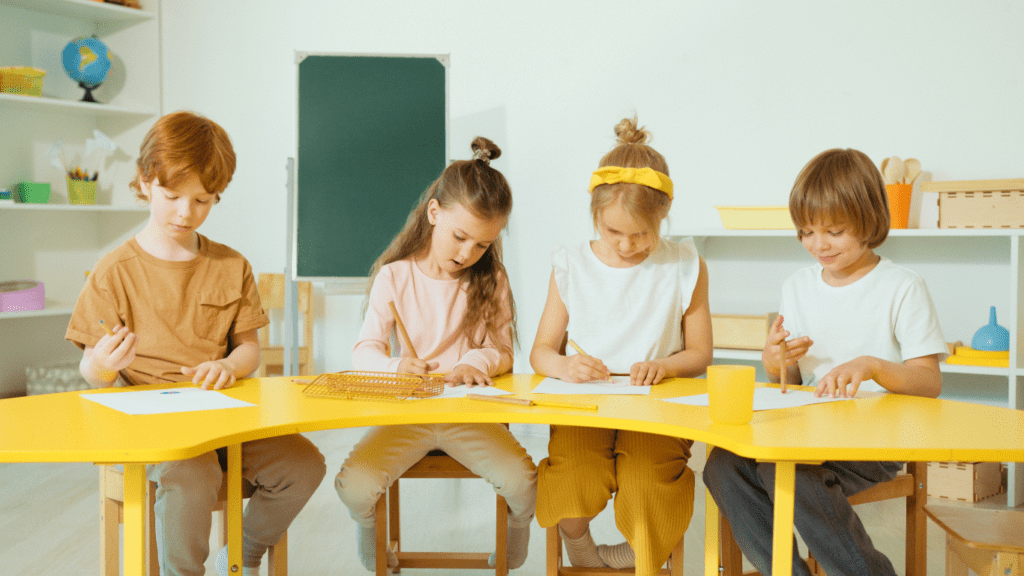As a parent or educator, fostering gratitude in children is a powerful way to cultivate a positive mindset from an early age. In today’s fast-paced world, instilling a sense of appreciation in kids can help them navigate challenges with resilience and empathy.
Teaching kids gratitude goes beyond mere politeness; it lays the foundation for a more fulfilling and optimistic outlook on life. In this article, I’ll share simple yet effective strategies to nurture gratitude in children.
From daily practices to interactive exercises, these small steps can make a significant impact on shaping a child’s attitude towards gratitude. By incorporating these techniques into daily routines, we can empower kids to embrace thankfulness as a core value, leading to happier and more emotionally intelligent individuals.
Importance of Teaching Kids Gratitude
Exploring the significance of instilling gratitude in children is vital for shaping their perspective and enhancing their resilience in an ever-evolving society. Teaching kids to appreciate the positive aspects of life is more than just teaching good manners; it is about fostering a sense of fulfillment and hope as they navigate the complexities of the world around them.
Through practical strategies and engaging activities, parents and educators can equip children with the tools to embrace gratitude effortlessly in their daily lives. By integrating these practices consistently, we can guide children towards a path where they value thankfulness, leading to enhanced levels of happiness and emotional intelligence.
Benefits of a Positive Attitude in Children
Starting with a positive attitude can have numerous benefits for children, shaping their outlook on life and interactions with others. Let’s delve into how this mindset can positively impact their mental health and relationships.
Improved Mental Health
Maintaining a positive attitude helps children develop resilience, cope with challenges, and manage stress effectively. It fosters a sense of optimism, reducing the likelihood of anxiety and depression in the long run.
By teaching kids to focus on the good in situations, we encourage emotional well-being and a healthier mindset.
Better Relationships
A positive attitude lays the foundation for nurturing healthy relationships. Children who embody gratitude and positivity are more empathetic, kind, and understanding towards others. These qualities enhance communication, promote teamwork, and build stronger connections with peers, family, and the community.
By instilling gratitude early on, we empower children to foster meaningful relationships based on mutual respect and appreciation.
Small Steps to Teach Kids Gratitude
Lead by Example
Demonstrating gratitude in my daily interactions with others sets a positive precedent for my children. By expressing appreciation for the little things, such as a helping hand or a thoughtful gesture, I show them the importance of acknowledging others’ kindness.
Practice Gratitude Rituals
Incorporating gratitude rituals into our family routine reinforces the value of thankfulness. Each day, we take a moment to reflect on three things we are grateful for, fostering a sense of positivity and appreciation.
By making gratitude a habit, it becomes a natural part of our children’s mindset.
Encourage Thank-You Notes
Encouraging my kids to write thank-you notes for gifts or acts of kindness teaches them the power of expressing gratitude. Providing them with stationery and guidance on expressing their appreciation helps them understand the impact of their words on others.
Fostering Positivity through Gratitude Activities
Exploring various gratitude activities for kids is a rewarding way to instill a positive attitude from an early age. Encouraging these activities not only enhances children’s appreciation for the world around them but also nurtures empathy and resilience.
Here are some effective gratitude exercises to incorporate into children’s routines:
- Practicing Gratitude Journaling: Have kids maintain a gratitude journal where they write down things they are thankful for each day. This practice helps them focus on positive aspects of their lives and promotes mindful reflection.
- Creating a Gratitude Tree: Design a gratitude tree activity where children write what they are grateful for on leaves and attach them to the tree. This visual representation reinforces the concept of gratitude and serves as a constant reminder of blessings.
- Thank-You Letter Writing: Encourage children to write thank-you letters to family members, friends, or teachers to express appreciation for acts of kindness or support they have received. This exercise teaches them the value of acknowledging and reciprocating kindness.
- Gratitude Jar: Introduce a gratitude jar where kids can drop notes expressing gratitude for various things, moments, or people in their lives. Reading these notes later reinforces a sense of appreciation and positivity.
- Gratitude Walk: Take children on gratitude walks where they observe and appreciate nature’s beauty, kindness from others, or simple joys around them. Engaging their senses in this practice enhances their awareness and gratitude towards the world.
By incorporating these gratitude activities into daily routines, parents and educators can nurture a positive mindset in children, fostering emotional well-being, empathy, and resilience. Encouraging gratitude from a young age sets a foundation for a fulfilling and optimistic outlook, preparing children to navigate life’s challenges with grace and appreciation.



 Deborah Sextoneer brought her passion for community building and user engagement to Dazzling Holly Moms, playing a vital part in the platform's development. With her keen understanding of the challenges mothers face, Deborah ensured that the content resonates with moms and addresses their diverse needs. Her efforts in creating interactive features and fostering a supportive community have made Dazzling Holly Moms a go-to platform for mothers looking for practical advice and a sense of belonging. Deborah’s contributions have been essential to the project's ongoing success.
Deborah Sextoneer brought her passion for community building and user engagement to Dazzling Holly Moms, playing a vital part in the platform's development. With her keen understanding of the challenges mothers face, Deborah ensured that the content resonates with moms and addresses their diverse needs. Her efforts in creating interactive features and fostering a supportive community have made Dazzling Holly Moms a go-to platform for mothers looking for practical advice and a sense of belonging. Deborah’s contributions have been essential to the project's ongoing success.